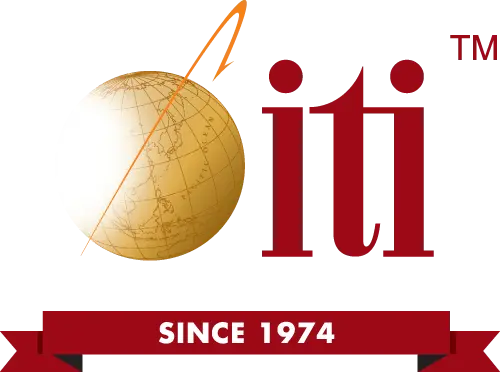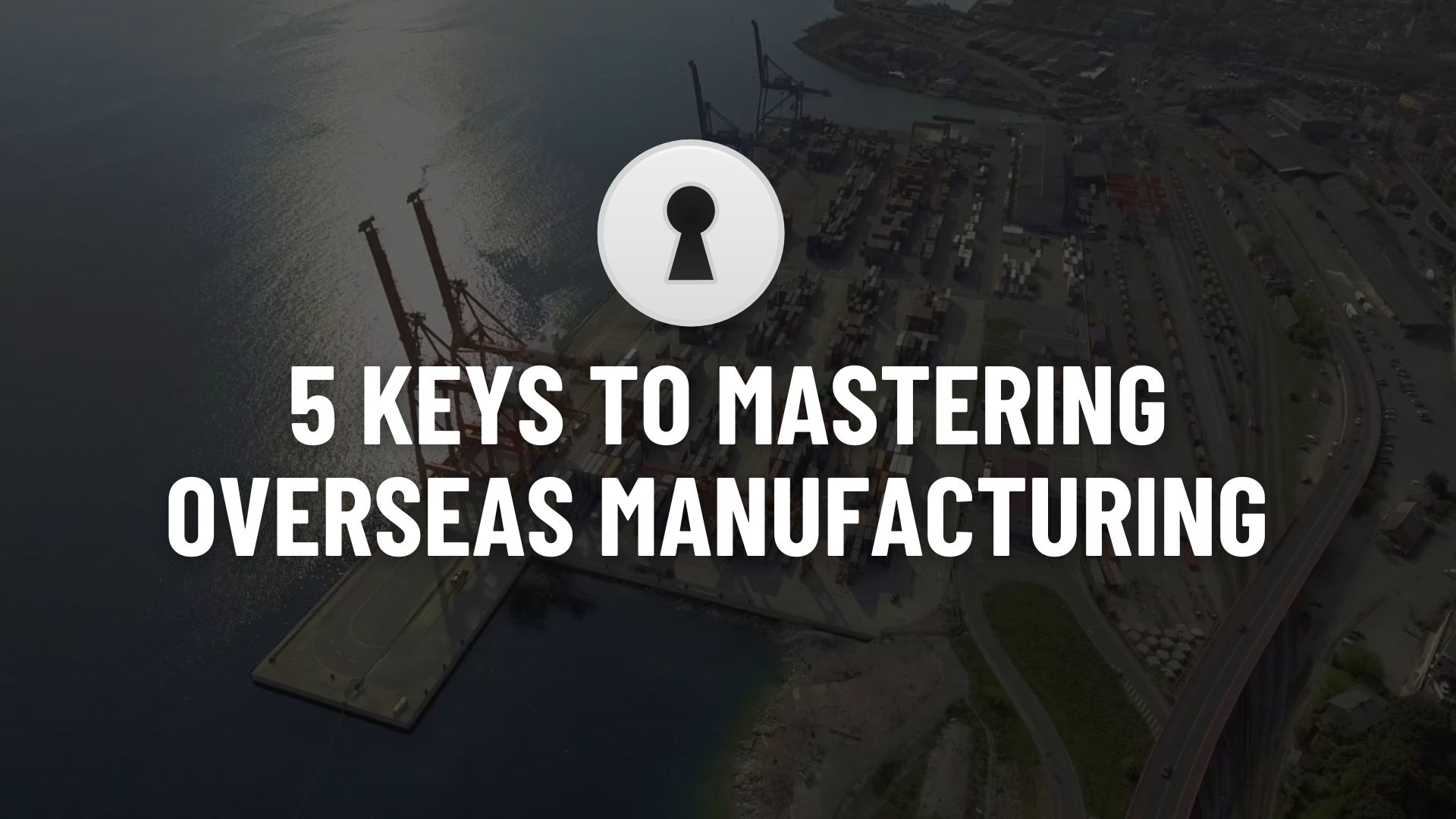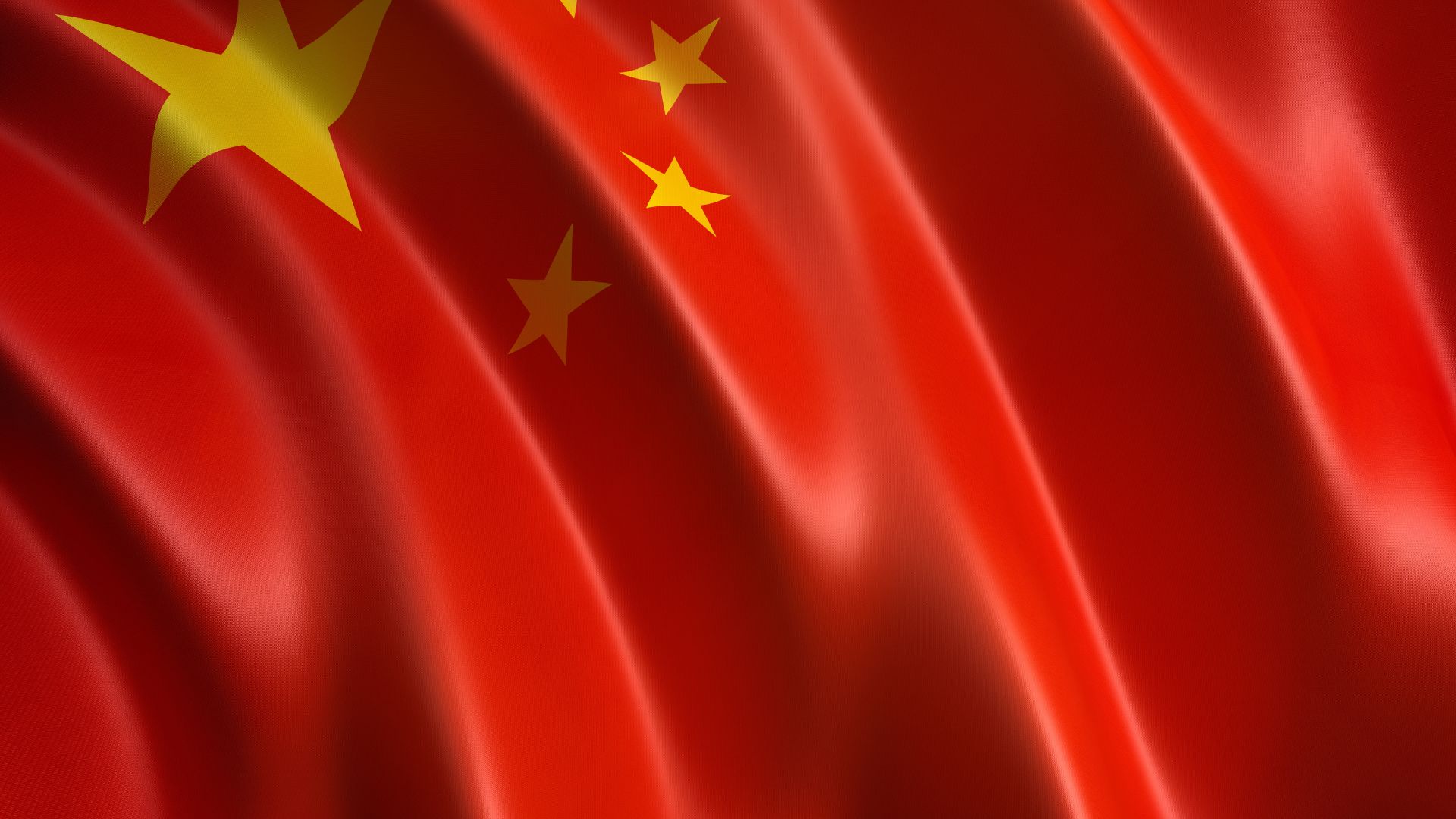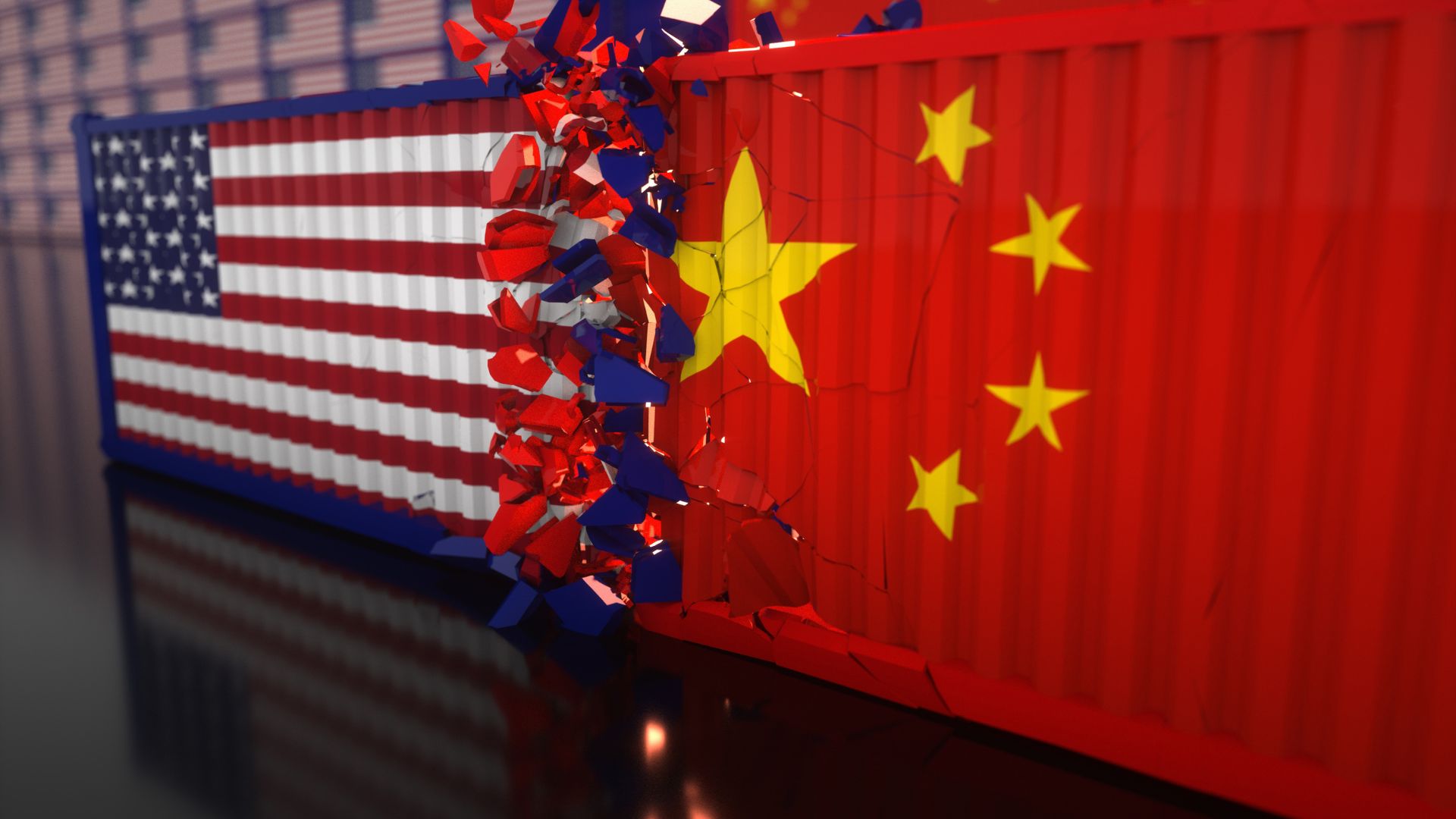Maintaining control over proprietary ideas, inventions, and symbols have been deterrents for companies deciding to move their manufacturing offshore. However, with a recent restructuring of China’s governmental branches, it has made the transition less overwhelming for American business owners. Intellectual Property, or IP, rights are not universal. The United States laws governing IP do not extend overseas. For example, a U.S. patent is not recognized in other countries. You must file a patent in each country in which you plan on selling your goods.
China has made recent efforts to enforce the IP rights of countries doing business within its borders. Navigating their system and educating your company on how to protect trade secrets is a primary consideration before moving to offshore manufacturing.
When U.S. companies don’t move quickly to file copyrights, patents, and trademarks in China, their intellectual property could lack proper protection overseas. However, should they need further assistance, it’s best to contact the United States Department of Commerce.
How to Protect Your Intellectual Property
According to the Best Practices of The U.S.-China Business Council, the following are some key considerations:
- It is important to classify Intellectual Property according to how sensitive it is as well as thoroughly document the information into a procedural operation manual.
- The protection of IP should be the responsibility of the China Management team overseeing the processes.
- The U.S. corporation management and executives should communicate regularly with Chinese officials, customers, and employees. The need to reiterate the importance of protecting inventions and ideas is significant for the partnership.
Copyrights, Trademarks, and Patents, OH MY!
Copyrights are an exclusive legal right bestowed upon the originators of artistic work. Enabling them to print, publish, or perform, artistic or musical composition and to authorize others to do the same. According to U.S. Copyright law, radio stations, concert venues, or bars that broadcast music for public entertainment must purchase licenses. This is to avoid infringing on copyright laws.
Trademarks are symbols, logos or words that legally associate or represent a certain company, brand or product. The Supreme Court recently ruled that they would still review certain symbols or word submissions for Trademark approval that others may consider offensive or scandalous. The court ruled that the First Amendment does protect these materials. To read more about the Top 10 developments in China regarding Trademarks and Copyright laws, check out this informative page.
Finally, patents are a government license protecting the rights of inventors. You must fil patents in each country you wish to sell your inventions. In the United States, you’ll submit your ideas to the U.S. Patent and Trademark Office. Recently, the Supreme Court ruled that if there has been a patent infringement of an American product sold outside the U.S., the patent owner rightfully has legal permission to collect damages.
China’s Differing IP Laws
Most people don’t realize that China has different intellectual property laws than those found in the United States. However, with the recent restructuring of the Governing bodies over IP, some positive changes are taking effect.
Filing
If you wish to file for a patent in China, you’ll want to register an application with the State Intellectual Property Office (SIPO). China has reduced or eliminated some of their patent fees as of late. For additional information regarding international arrangements for patents, refer to the Patent Cooperation Treaty.
Trademarks
For trademarks, companies should register their essential symbols or logos with the China Trademark Office. These should include both the English name, as well as the Chinese characters. If your company needs assistance with this process, consider retaining an IP attorney to file on your behalf. At ITI Manufacturing, we have an attorney on retainer in China who creates all contracts between us and our suppliers per Chinese law.
Have Copyright Registration… Just in Case
The Chinese government doesn’t necessarily require copyright registration; however, companies should consider registering their works with the National Copyright Administration. This will provide a written record of the legal right of the artist to their work.
Improvements
As China has realized that international cooperation with IP laws is good for business, the nation has also improved its laws. The process has also been streamlined by the creation of a new appeals court. Fortunately, this new court will handle all IP appeals. For instance, the Supreme People’s Court (SPC) will now handle the process of settling disputes.
Chinese Amendments to Key IP Laws
There have been several amendments to key IP laws. And China is working to approve amendments to two major laws. Specifically, the Trademark Law has been amended to address bad faith trademarks with an intent to deceive consumers. Governing authorities state in this newly drafted amendment that a trademark application filed without intent to use should be rejected. In addition, they’re also making established changes to help protect trade secrets.
Notably, the amendments to both laws also increase monetary awards for trademark infringements from $3 million to $5 million.
The Supreme People’s Court of China (SPC) has become the court of appeals and re-trial for certain IP cases. The court will try those that require more technological expertise, including computer software and anti-trust issues. In fact, authorities will pay particular attention to the high-tech industries.
How ITI Manufacturing Can Help Protect Your IP
In conclusion, China has made much progress in recent years to improve IP protection. As such, businesses should feel more comfortable making the transition to manufacturing offshore. Besides, every April 26th of each year is World Intellectual Property Day. It’s a day where businesses and governing bodies around the world help make others aware of patent, trademark, and copyright laws and regulations. Also, it’s the month where most laws and updates take place in various countries to help protect ownership rights.
ITI Manufacturing has been a presence in China since 1974. We manage all of the international logistics of our clients’ products. Also, we apply the same care to our clients’ Intellectual Property as we do our own. If you have questions about manufacturing offshore or need a no-cost, no-obligation expert product evaluation, contact us toll-free at 281-242-7030.






